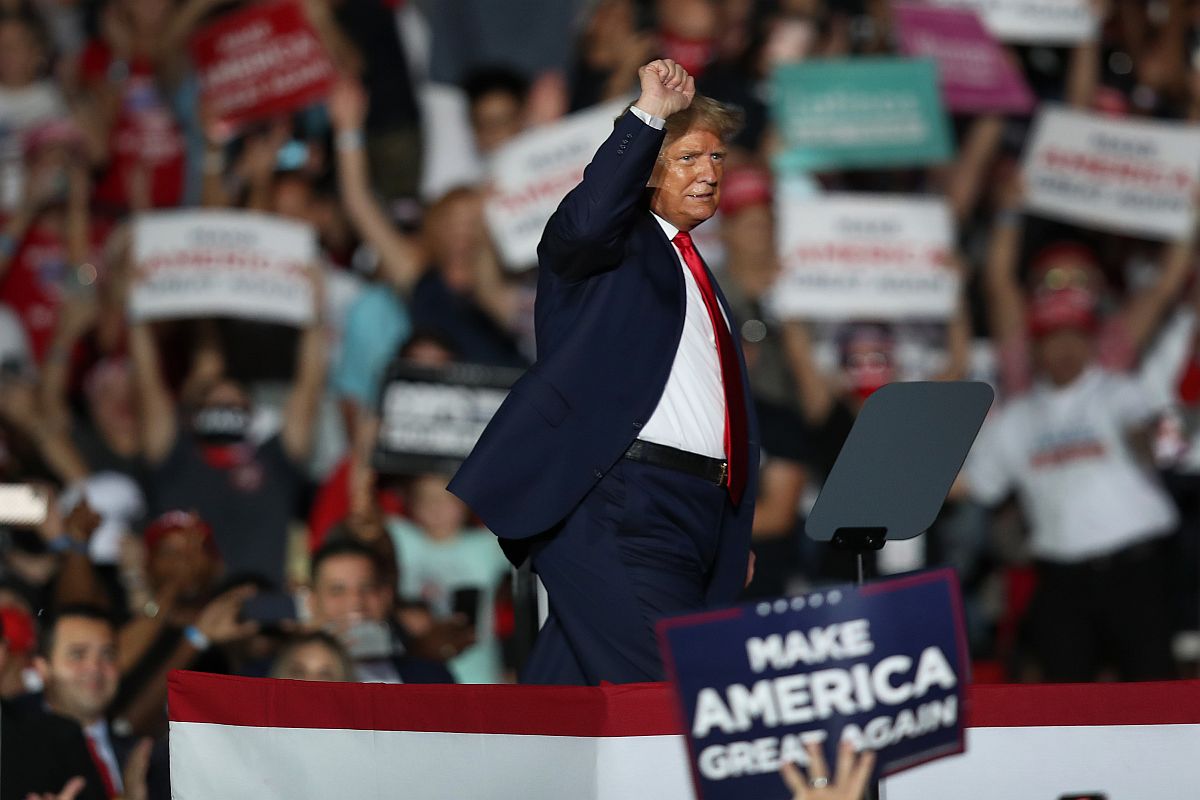Nato The resilience of the North Atlantic Treaty Organisation has been a cornerstone of Western security for the past 75 years, built on a foundation of collective defence and mutual support among 32 member nations. However, today’s geopolitical climate, marked by Russia’s aggression in Ukraine and rising far-right political movements in the United States and Europe, poses significant challenges. As President Joe Biden’s administration works to uphold Nato’s unity ahead of its summit in Washington, the prospect of Donald Trump returning to the White House looms large, raising questions about the future of the alliance. The concept of “Trump-proofing” Nato is gaining traction among European leaders, reflecting a proactive approach to instability in US support.
Mr Trump’s previous presidency saw a notable strain in US-Nato relations, with his administration frequently criticising the financial burden on the US and expressing admiration for authoritarian figures like Russian President Vladimir Putin. As Europe grapples with the possibility of Mr Trump’s return, it needs to safeguard Nato’s effectiveness, regardless of the landscape in Washington. One of the primary strategies is increasing European defence spending. Currently, a record number of Nato countries are meeting their defence-spending targets, signalling commitment to enhancing their military capabilities. By bolstering their own defence budgets, European nations can reduce their dependence on US military support. Another critical aspect of Trump-proofing Nato involves institutionalising support for Ukraine. The conflict with Russia underscores the need for a consistent and reliable framework for military aid and training.
Advertisement
By embedding this support within Nato’s structures, European allies can ensure that Ukraine continues to receive assistance to defend its sovereignty. Nato needs to embrace a more prominent role in coordinating support for Ukraine and other strategic initiatives. This approach would minimise the impact of any future US disengagement from collaborative missions. Enhancing Nato’s role in these areas can provide a buffer against political uncertainties in individual member states. Moreover, the potential of European nations taking a greater role in Nato’s nuclear deterrence strategies is a long-term but vital consideration. Currently, the US plays a dominant role, but increased European involvement could help mitigate the risks associated with a less reliable America. Although this shift would require significant investment and time, it represents a necessary evolution in ensuring Nato’s robustness. Strategic coordination among Nato members is also paramount.
By aligning defence strategies and preparing for threats independent of US support, Europe can demonstrate its commitment to collective defence. This includes ensuring that each member state is capable of fielding effective military forces and engaging in coordinated defence operations. While the notion of completely Trump-proofing Nato may seem ambitious, these measures collectively contribute to a more resilient alliance. By investing in their own defence, institutionalising support mechanisms, and enhancing Nato’s strategic role, European nations can ensure that the alliance remains a bulwark against aggression and instability. This proactive approach is not only necessary but essential for the continued security and unity of Nato in an increasingly uncertain world. Of course, this fits in with Mr Trump’s prescription of a Europe that pays for its own defence.
